A zoological museum is a museum whose main content is the collection, display and study of various animal specimens. In the animal museum, people can learn about the characteristics, habits, living environment, etc. of various types of animals. Zoological museums usually display animals according to different classification methods, such as mammals, birds, reptiles, etc. The establishment of the Zoological Museum aims to increase the public's understanding and awareness of the animal world. It can not only popularize scientific knowledge to the public, but also enhance people's awareness of protecting wild animals and maintaining ecological balance. Many zoological museums also take into account both scientific research and teaching functions, and have become experimental and teaching bases for many scientific research institutions and schools. This article takes stock of the top ten more famous animal museums such as the National Zoological Museum of China and the Giant Panda Museum. If you have the opportunity, take your children to see them together!

1. Giant Panda Museum
The Giant Panda Museum is located in the Chengdu Giant Panda Breeding Research Base. It is the earliest and only special animal museum in the world established for rare and endangered wild animals. The museum is famous for its high popularity. Currently, the Giant Panda Museum not only displays giant pandas, but also a butterfly pavilion and a vertebrate zoo. The three pavilions are relatively independent but connected with each other, with a total area of nearly 4,000 square meters. In addition, the museum has collected more than 800 precious pictures and materials, thousands of volumes of various documents and materials, and more than 12,450 specimens of more than 2,140 categories. In addition, there is a large ecological landscape box with an area of 300 square meters. The Giant Panda Museum displays all the results of human understanding, investigation and research on giant pandas.
Address: Chengdu Giant Panda Breeding Research Base, No. 1375, Panda Avenue, Waibei Third Ring Road, Chenghua District, Chengdu City, Sichuan Province.

2. National Zoological Museum
The National Museum of Zoology is recognized in the world as Asia's largest, highest research level, and strongest comprehensive animal classification and evolution research center. The museum has a total construction area of 7,300 square meters. It adopts the theme display method of a modern museum and embodies the knowledge of multiple disciplines such as natural sciences and humanities. It has invertebrates, birds, endangered animals, butterflies, insects, etc. Ten independent exhibition halls. Here, you can enjoy more than 5,000 species of rare animal specimens and more than 5.3 million exhibits. It contains precious specimens from more than 20 countries at home and abroad, allowing you to have a glimpse of these rare animals.
Address: No. 5, Courtyard 1, Beichen West Road, Chaoyang District, Beijing.

3. Kunming Zoological Museum
The Kunming Museum of Zoology is located at the Kunming Institute of Zoology, Chinese Academy of Sciences, No. 32 Jiaochang East Road, Kunming City, Yunnan Province. It is the largest zoological museum with the richest collection in southwest my country and the most abundant exhibition hall of animal specimens on display in the country. . The museum has a construction area of 7,350 square meters and currently houses more than 800,000 animal specimens of various species including mammals, birds, amphibians, reptiles, fish, and insects. Among them, there are a total of 5,161 type specimens of more than 500 species/subspecies, covering almost all animal species in Yunnan and surrounding areas, and rare and endangered species are not a minority. This makes the Kunming Zoological Museum one of the largest and most distinctive animal museums in southwest China.
Address: Wuhua District, Kunming City, Yunnan Province.
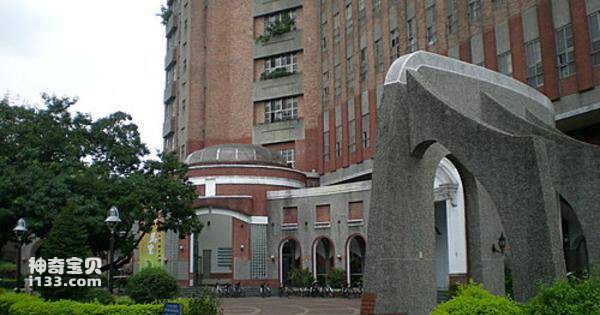
4. National Taiwan University Zoological Museum
The National Taiwan University Zoological Museum was established in 1928 and is located at No. 237, Zhoushan Road, Daan District, Taipei City, Taiwan. The museum has collected many precious animal specimens since the days of Taipei Imperial University, and records animal species from Taiwan and neighboring areas such as Southeast Asia and Hainan Island, including birds, mammals, shellfish, corals, annelids, etc. wait. Currently, the total collection exceeds 20,000 items. There are also some skeleton specimens of large animals, such as ostriches and Malayan tapirs. Minke whale and pilot whale skeleton specimens are also suspended in the museum. Integrated under the new theme of scientific research "voice", these specimens reveal their diverse animal instincts and ecological characteristics.
Address: No. 237, Zhoushan Road, Daan District, Taipei City, Taiwan.
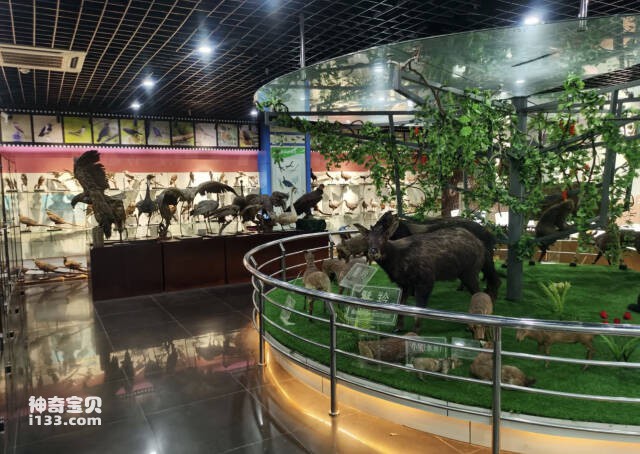
5. Nanjing Normal University Rare Animal Museum
The Zoological Museum of Nanjing Normal University is the largest zoological museum with the largest area, the most complete varieties and the richest quantity in Jiangsu Province. It is also the only place to display large animal specimens. This museum embodies the efforts of many generations of experts and scholars from Nanjing Normal University over the past century. After collecting, purchasing, exchanging, preserving and carefully producing various animal and plant specimens based on various natural styles. Many of the specimens on display in the museum are Class I and II protected and endangered animals in my country, including large aquatic animals such as giant dolphins, baiji dolphins, baleen whales, sharks, Chinese sturgeons, seals, finless porpoises, and currently of five species of sea turtles, etc. In addition, the museum also displays a very rich collection of mammals and reptile specimens, and also covers all large plant species in Jiangsu Province and East China. Among them, lichens and mosses are the most comprehensive and distinctive.
Address: South side of South Normal University, Ninghai Road, Gulou District, Nanjing City, Jiangsu Province.
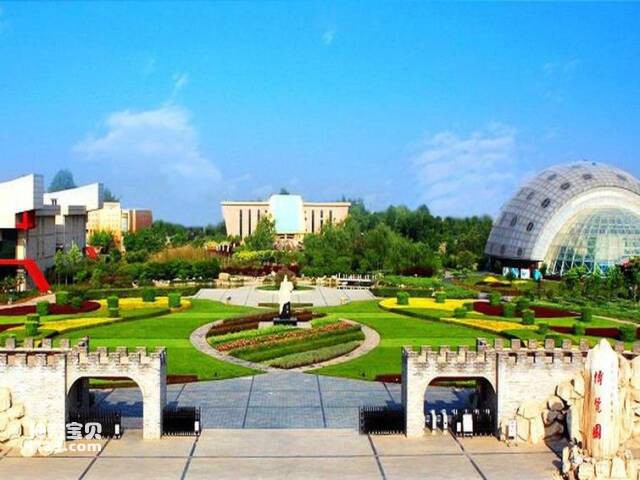
6. Northwest A&F University Zoological Museum
The museum is located in Northwest Agriculture and Forestry University of Shaanxi Province, with a total construction area of 4,300 square meters. Before the establishment of Northwest Agricultural and Forestry University, the original seven units (including Northwest Agricultural University, etc.) accumulated more than 8,000 precious items through unremitting efforts of several generations during decades of teaching, scientific research and promotion work. taxidermy. Today, the museum has a total of 8 exhibition halls, including rare animals, pets and ornamental animals, animal structure and function, animal breeding, animal diseases and human health exhibition hall, animal biotechnology exhibition hall, etc. These exhibition halls introduce in detail the types, distribution, and quantity of national first- and second-level protected animals, as well as all-round knowledge about their environmental protection, animal physiological systems, and animal feeding. They can be described as contemporary animal encyclopedias.
Address: Expo Park of Northwest A&F University, No. 3, Taicheng Road, Yangling District, Xianyang City, Shaanxi Province.

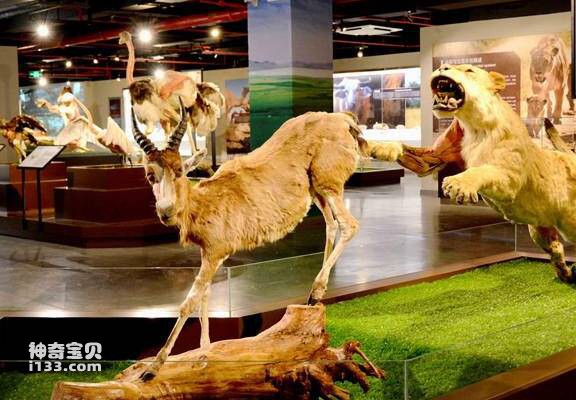
7. Jiangsu Province Qianhuang Senior High School Zoological Museum
The museum was built in 1954, covers an area of 1,000 square meters, and was expanded in 1990. The museum collects more than 2,500 specimens, including more than 1,700 species, of which 37 are national first-level protected animals and 100 are national second-level protected animals. The museum's exhibition layout pays great attention to the creation of scientific, artistic and ecological atmosphere, mainly focusing on the evolution of animals and animal classification. Through graphic introduction, fossil specimens, animal specimens and other display methods, the history of animal evolution is focused on. The museum's basic displays include invertebrates (including the insect world), fish, amphibians, reptiles, birds and mammals, leaving a deep impression on visitors.
Address: On campus, No. 2, Guangdian East Road, Hutang, Changzhou City, Jiangsu Province.

8. Guangzhou No. 86 Middle School Zoological Museum
The Animal Museum of Guangzhou No. 86 Middle School is the only animal museum in Guangdong Province. The museum was formerly the school herbarium established in the early 1980s. It took 30 years of preparation to reach its current scale. The museum displays rare animal specimens, including giant pandas, South China tigers, Chinese sturgeons, Siberian tigers, etc., with a total of 168 large, medium and small animal specimens, covering 5 classes and 31 orders. Among them, there are 24 species of national first-level protected animals and 49 species of second-level protected animals. These specimens are displayed with simulated backgrounds, which are very lifelike and breathtaking.
Address: No. 5, Dashadi West Road, Huangpu District, Guangzhou.
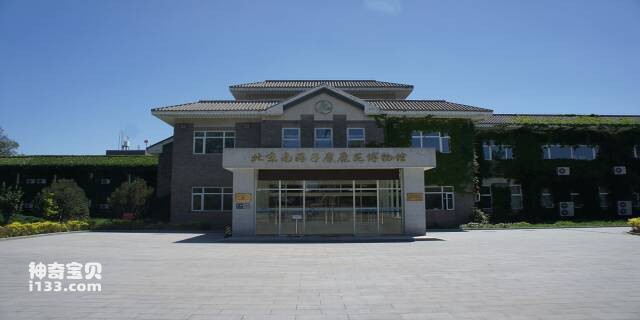
9. Beijing Elk Garden Museum
Beijing Elk Garden Museum is located in Nanhaizi Elk Garden, Daxing District, Beijing. It is a relatively special animal museum specializing in elk in China. The main exhibition contents of the museum include elk and nature, deer and culture, elk garden, graveyard of world extinct animals, oriental life-saving murals, etc. The Nanhaizi area was historically part of the royal hunting gardens of the Yuan, Ming and Qing dynasties. It is also the origin of the type species of elk and the last place where the elk became extinct in China. In order to successfully implement the elk reintroduction project as well as scientific research and popular science education, the Beijing Elk Garden Museum was established. The museum has a long history and has become a national science education base and a demonstration base for biodiversity conservation in China. Additionally, it has been ratedOne of the ten "Beijing Environmental Education Bases" in the capital, it is a museum with very educational significance.
Address: Jiuzhong Road, Jiugong Town, Daxing District, Beijing.
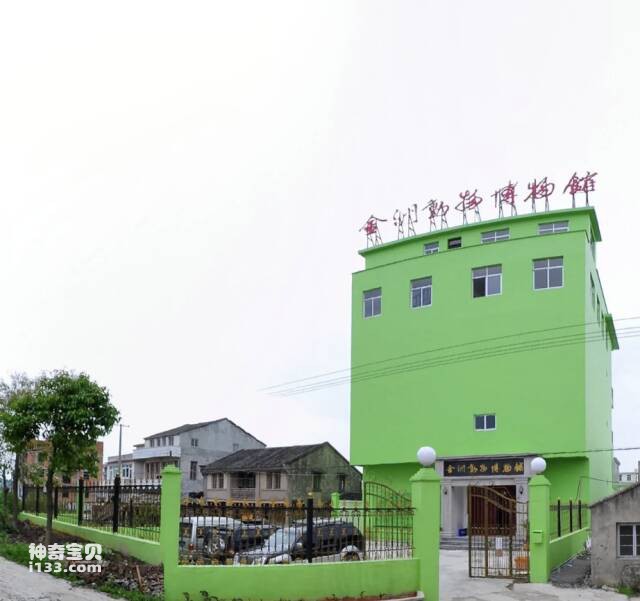
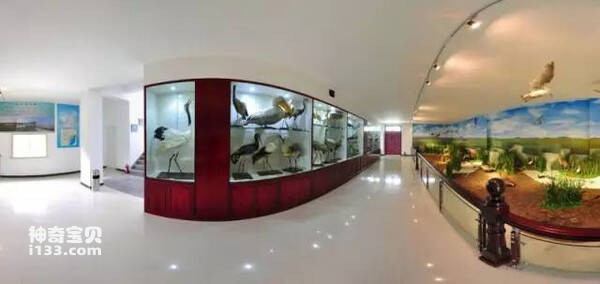
10. Wenzhou Jinzhou Zoological Museum
Wenzhou Jinzhou Zoological Museum is a private museum approved by the Zhejiang Provincial Cultural Relics Bureau and was established in 2001. The museum is located in Shuangkun Village, Lingkun Town, Longwan District, Wenzhou City, Zhejiang Province, and was founded by curator Liu Ming. Liu Ming has been passionate about animals since he was a child. He began to learn how to make specimens from a teacher at the age of 13. The specimens he produces are not only supplied to primary and secondary schools, but are also collected by many famous domestic natural museums and universities for exhibitions and scientific research. He has been actively collecting specimens for more than 40 years. There are more than 7,000 specimens in the museum, totaling more than 110,000 pieces. Among them, there are more than 50 national first-level protected animals and more than 200 national second-level protected animals. These specimens are exquisite and lifelike, making it a rare folk animal museum in China.
Address: 100 meters west of Longchang Road, Dongtou District, Wenzhou City, Zhejiang Province
The ranking of the top ten animal museums in China is mainly based on the scale of the major animal museums in the country and the rarity of the exhibits. The list is for reference only. If you have any questions, please leave a comment/communication at the end.
animal tags:
We created this article in conjunction with AI technology, then made sure it was fact-checked and edited by a Animals Top editor.